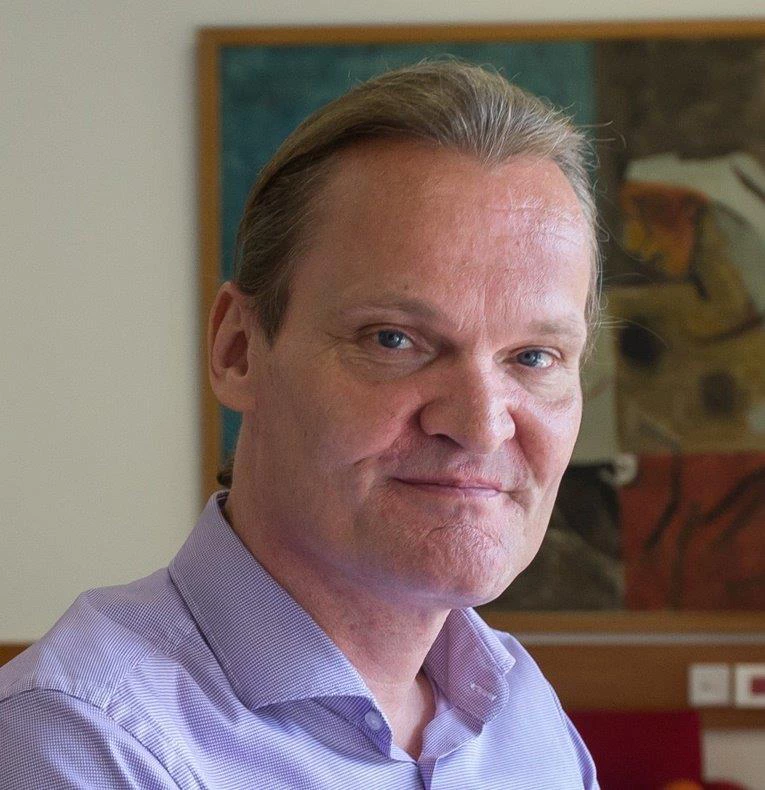 A few weeks ago, I delivered the convocation lecture at the Federal University for Technology in Owerri on the theme,“Nigeria’s youth: Turning challenge into opportunity”. While preparing for the lecture, I pulled up some numbers. Some of them really startled me.
A few weeks ago, I delivered the convocation lecture at the Federal University for Technology in Owerri on the theme,“Nigeria’s youth: Turning challenge into opportunity”. While preparing for the lecture, I pulled up some numbers. Some of them really startled me.
Nigeria has 100 million people under 30, the rough equivalent of the populations of Egypt, Tunisia and Libya combined. It has 75 million people under 20. In the 15-24 year age bracket, unemployment is estimated to be 46%, and most shockingly, every year, about 1 million aspiring students pass Nigeria’s Joint Admission Board’s entrance exam, but only 200,000 of them actually gain admission that same year. This means that each year the equivalent of the population of greater Amsterdam, my home town, qualifies for university but does not get in.
When I cited these numbers during the lecture, the audience gasped in horror. The comparison to Egypt, Tunisia and Libya was found especially shocking. It conveyed a sense that revolution might be inevitable. But is Nigeria not a democracy? How can one have a revolution against democracy?
I cited these numbers to show how immensely large the challenge of Nigeria’s demography is. Revolution or not, if the problems underlying these numbers remain unaddressed, there are likely to be strong tensions in the future. Given the increased openness provided by the internet and social media, these tensions will not remain unexpressed. So what does that mean for a democracy like Nigeria? I have a few thoughts:
- It will be key to convince the young people of Nigeria that democracy is real. Credible elections will be required not to please the international community, but to convince Nigerians that democracy can work for them.
- Those who will win office will have to work extremely hard to address the problems that cause youth unemployment. They are unlikely to receive the benefit of the doubt: Nigeria’s youth need results now. Democracy must deliver for them!
- No Government in the world could employ the number of youth waiting for a job in Nigeria. Nigeria will need ambitious private sector led growth and to focus every policy on making it easy for the private sector to create jobs. This would be a big shift for most policymakers.
If the winners in April’s elections take this to heart, they will work to have education easily accessible and deliver the skills the market needs. They will invest in infrastructure to help industries become competitive, tell civil servants to make rules easy for businesses to create jobs, and manage Nigeria’s oil wealth to maximize growth and competiveness. If they do all of this and are open and explicit about their objectives and results, the young people of Nigeria may be convinced that democracy is giving them a better deal than any alternative.
This is what a democracy is designed to do. It would bring accountability. For a young democracy like Nigeria that would be… a revolution.


Join the Conversation